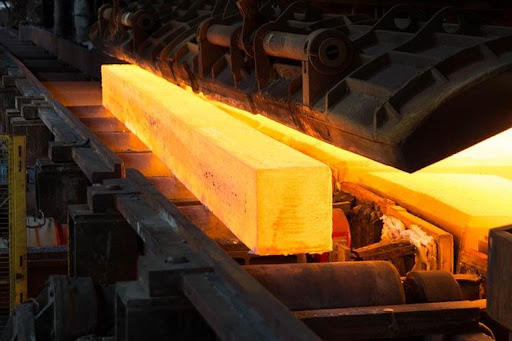Metallurgical Thermodynamics and Kinetics (MM 205)

Metallurgical thermodynamics and kinetics are fundamental concepts in the field of metallurgy and materials science. They play a crucial role in understanding the behaviour of metals and alloys, as well as in the design and optimization of processes used in metallurgical industries. Metallurgical thermodynamics deals with the study of the energy changes and equilibrium conditions in metallurgical processes. Key concepts and principles include: Gibbs Free Energy (G), Enthalpy (H), Entropy (S), Phase Diagrams, Reaction Equilibrium. Where is Metallurgical kinetics focuses on the rates at which processes occur in metallurgical systems. Key concepts and principles include Reaction Rate, Activation Energy, Diffusion, Nucleation and Growth, Heat Treatment, The combination of thermodynamics and kinetics allows metallurgists and materials scientists to predict and control the behaviour of materials under various processing conditions. It is instrumental in optimizing processes for producing alloys with desired properties, improving the performance of materials, and ensuring the reliability of structural components in industries such as aerospace, automotive, and construction.
Phase Transformation and Diffusion (MM 204)

Phase transformations involve the changes in the microstructure and phase composition of materials as a function of temperature, pressure, and composition. Key aspects typically covered in this course Phase Diagrams, Solidification, Solid-State Phase Transformations, Heat Treatment. Diffusion is the process of atomic or molecular movement within a material, leading to the homogenization of composition over time. In the context of MM204, students would likely explore the aspects of diffusion like, Fick's Laws, Diffusion Mechanisms, Activation Energy, Diffusion in Alloys, Diffusion in Real Materials. The knowledge of phase transformations and diffusion is essential for designing and engineering materials with specific properties for various applications, including in the automotive, aerospace, electronics, and manufacturing industries. Students taking MM204 would gain a solid foundation in these topics to apply them to real-world materials and processes.




